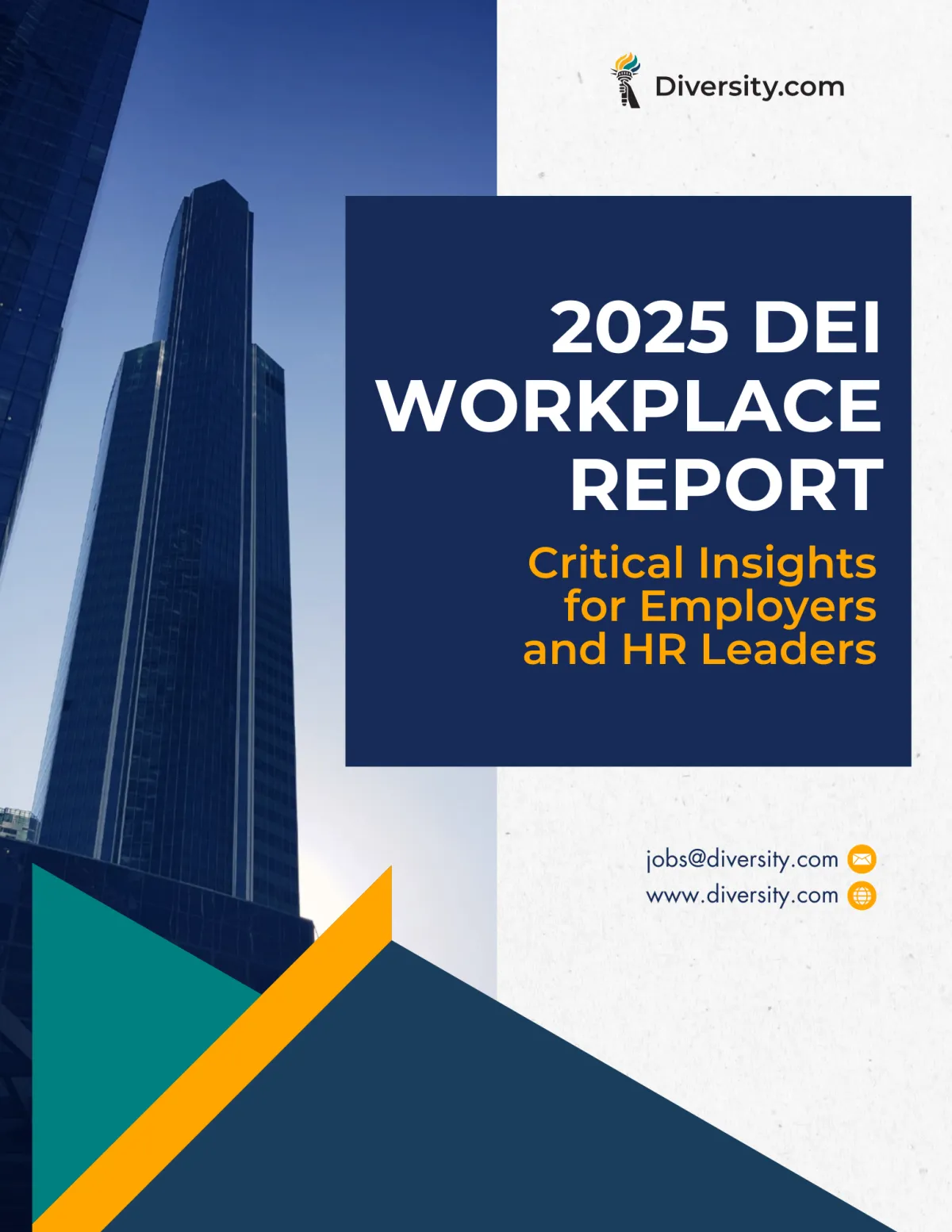
The Truth About DEI: Why Diversity, Equity, and Inclusion Benefit Everyone
Rethinking DEI
Diversity, Equity, and Inclusion (DEI) initiatives are often misunderstood.
A common misconception is that DEI exists solely to benefit minority groups, but this couldn’t be further from the truth.
DEI is about creating environments where everyone, regardless of background, has an equal opportunity to thrive. It's not exclusive; it's inclusive by design.
What Does Diversity Really Mean?
When people hear "diversity," they often think of race or ethnicity. While those are critical components, diversity is much broader. It encompasses:
Race and Ethnicity
Gender and Gender Identity
Age and Generational Diversity
Disability and Neurodiversity
Sexual Orientation
Socioeconomic Backgrounds
Religious and Cultural Beliefs
And yes, diversity includes white individuals, too.
Everyone brings a unique perspective shaped by their experiences, and DEI is about valuing all of those perspectives.
Why DEI Benefits Everyone
Better Decision-Making: Diverse teams consider multiple viewpoints, leading to more innovative solutions (Rock & Grant, 2016).
Stronger Workplaces: Inclusive environments boost employee engagement, retention, and productivity (Deloitte, 2018).
Economic Growth: Companies with diverse leadership outperform less diverse competitors financially (McKinsey & Company, 2020).
Addressing the Myth: DEI Isn't Anti-White
The belief that DEI disadvantages certain groups, particularly white individuals, stems from misunderstanding.
DEI doesn't mean giving preferential treatment—it means removing barriers so everyone competes on a level playing field.
In fact, white employees also benefit from:
Inclusive leadership training that fosters better management skills.
Flexible work policies designed to support diverse employee needs, benefiting parents, caregivers, and more.
Mental health initiatives driven by inclusive workplace cultures.
Privilege Isn't a Bad Word
Privilege isn’t an insult; it’s an acknowledgment that certain factors (like race, gender, or socioeconomic background) haven’t been barriers. Recognizing privilege helps us understand how to create spaces where everyone has equal opportunities.
The Bottom Line: DEI is for All of Us
DEI isn't about taking opportunities away from one group to give to another. It's about expanding opportunities for everyone. An inclusive workplace values all employees, fosters collaboration, and drives innovation.
For Job Seekers: Ready to find a workplace where your voice matters?
Explore diverse job opportunities on Diversity.com.
For Employers: Want to create a culture where everyone thrives?
Partner with Diversity.com to attract and retain top talent from all backgrounds.
Related Articles
What If Privilege Isn’t a Bad Thing? Here’s How It Can Make a Difference
Think DEI Is Special Treatment? Here’s Why It’s Really About Fairness
The DEI Incompetence Myth: Why Questioning DEI Also Undermines HR, CEOs, and Business Leaders
Debunking the Myth: DEI Doesn’t Mean Lowering Hiring Standards
The Human Side of DEI: It’s Not Just About Policies, It’s About People
Sources & References
Deloitte. (2018). The diversity and inclusion revolution: Eight powerful truths. Deloitte Insights. Retrieved from https://www2.deloitte.com/insights
McKinsey & Company. (2020). Diversity wins: How inclusion matters. McKinsey & Company. Retrieved from https://www.mckinsey.com
Rock, D., & Grant, H. (2016). Why diverse teams are smarter. Harvard Business Review. Retrieved from https://hbr.org

